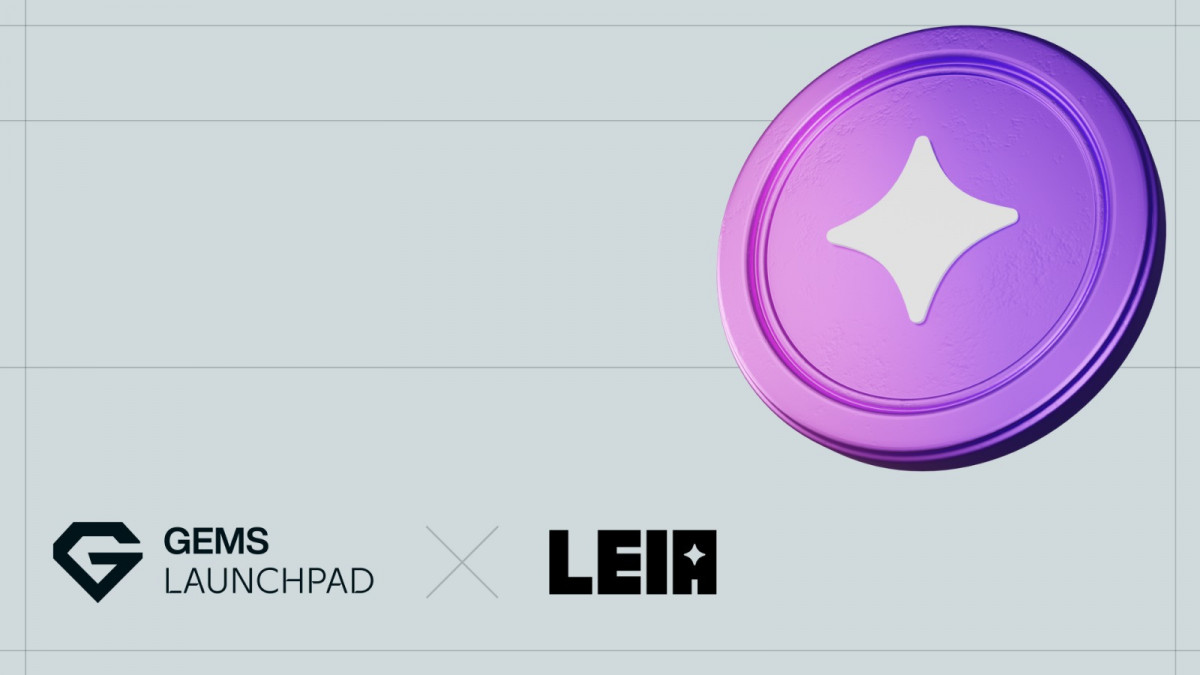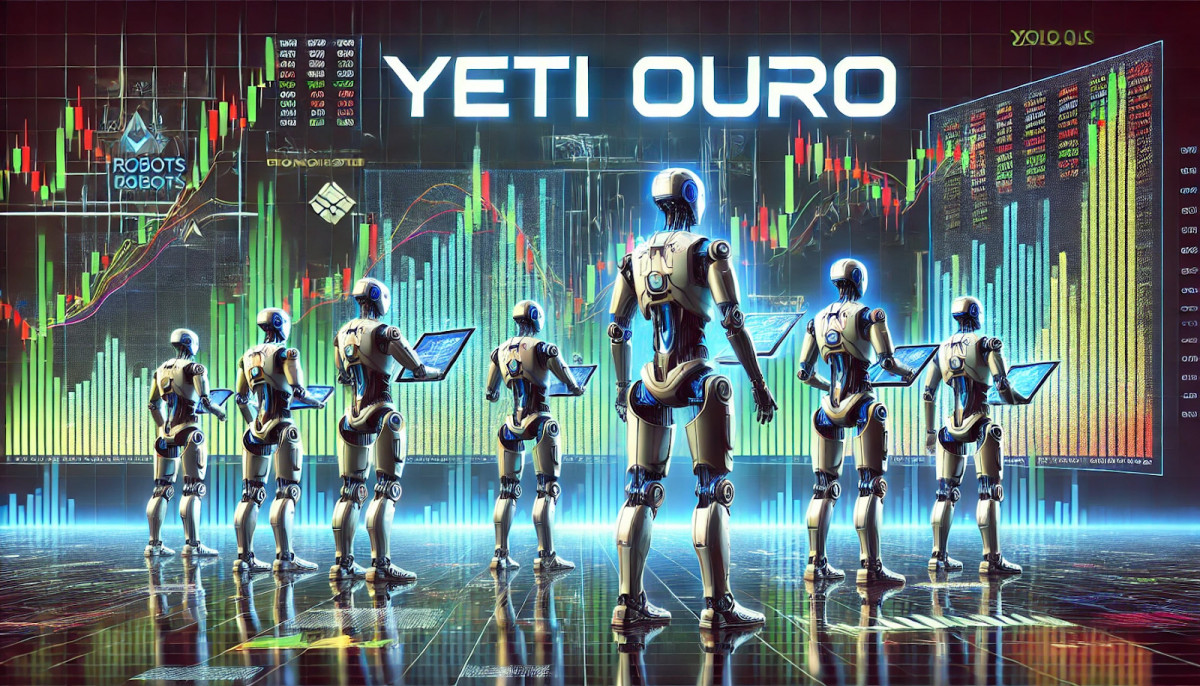XR Today spoke to Amy Peck, Founder and Chief Executive of EndeavorXR about the top tech trends in 2023 on the sidelines of her keynote speech at the Immerse Global Summit (IGS) 2022 in Miami.
EndeavorXR is a strategy and consulting firm for virtual and augmented reality (VR/AR) solutions and symbiotic frontier technologies. Peck is also the Board Chair of Prospera Women and hosts the Future Construct podcast.
Keynote 2023 Tech Trends
Amy recalled some top takeaways from her keynote speech, many of which explained the dichotomy between metaverse creation for consumer and enterprise-facing companies.
She stated that the Metaverse and Web3 were becoming overused terms. Many companies aimed to determine their future products and services, outline benchmarks, and apply their strategies to the “real-world limitations of [Web3] technology.”
Peck added that companies should have a 20 to 50-year outlook on their strategies that also include environmental, social, and governance (ESG) goals.
Explaining further, she said,
“A lot of companies have very lofty goals for 2030, and they won’t reach them without these technologies. They offer not only the opportunity for really critical monitoring with digital twins and artificial intelligence (AI)-backed, often closed-loop optimisation strategies, but can also simulate outcomes so that you can improve processes today and meet those goals in the future, which is the near future”
IGS 2022 Miami Takeaways
Speaking on the biggest takeaway from the event, Peck stated that many speakers explored similar themes such as digital twin optimisation strategies, return on investment (ROI), and others.
ROI strategies targeted “futuristic innovation,” allowing enterprises to explore “the best results” as it was crucial to receiving further investments.
Companies also needed to push innovation strategies and build “an innovation pipeline that is cross-functional” not limited to innovation hubs and research and development (R&D) teams.
Tech Trends for 2023
Speaking on the emerging trends for 2023, Peck explained that sectors in social media, fashion, entertainment, and games would intersect with a “multimedia approach” to engage consumers.
Digital twin technologies were rising as emerging trends, namely from major tech firms such as NVIDIA, Unity Technologies, and others. Enterprises were expected to adopt digital twin and 3D asset management strategy, she added.
Continuing, she said,
“I think what we’ll see in 2023 is a lot more companies plugging in, probably at the 3d asset phase, especially for consumer packaged goods (CPG) companies, or any with a retailer design protocol. More broadly, companies may leverage digital twins of office and retail spaces a lot more. I think mobile augmented reality (AR) will also get exponentially better [and] I really hope that, in 2023, we don’t hear the word phygital anymore”
EndeavorXR Updates

Amy Peck, Founder and Chief Executive of EndeavorXR
Peck later segued to updates with her company, EndeavorXR, explaining it had always worked with larger original equipment manufacturers (OEMs) such as HTC, Magic Leap, Meta Platforms, and others.
Doing so allowed her enterprise to “keep a pulse on the hardware [side],” but her firm also explored front-end strategies to assess current company progress, their employed technologies, and future products and services.
She recommended companies appoint chief technology officers or similar officials to manage relationships to boost internal build capacity while ensuring future systems were interoperable with legacy systems.
Current and Future Challenges
Speaking on the “hype cycle” of the XR industry, she explained that post-COVID, many companies were “still reeling.” After restrictions eased, people could travel, see each other, and have meaningful conversations again about the industry’s future.
She added that many companies in the tech industry had just begun to ‘scratch the surface’ of collaborating in virtual environments. For her, immersive platforms were improving despite the limitations of current hardware devices.
Platforms such as Spatial allowed people to collaborate via the internet, mobile devices, headsets, and others, providing a “persistent environment.”
She said: “That’s really a big deal. I would have liked to see more of that and less of the hype cycle, where everything is called the Metaverse or Web3 while conflating the two terms.”
Peck also cited events “detrimental to the industry” such as the fraud and failure of FTX and other cryptocurrencies, as well as “false scarcity with non-fungible tokens (NFTs)” and crypto market collapse.
Continuing, she criticised some trends in the industry, stating,
“It doesn’t help the industry because again, I think [people] have lumped everything into one umbrella term of ‘the Metaverse’. We as an industry haven’t done a good job of educating the general public on what the Metaverse, Web3, VR, AR, the blockchain, AI, and other underlying technologies mean at a very high, decoder-ring level that is accessible to everyone. I don’t think we did a good job in 2022, and I hope we do a better job in 2023.”
Concluding, she said it was important for groups to report on emerging technologies to help educate readers. Many were “dipping their big toe in [to] talk to a lot of different people.”
It was important for the industry to explore multiple views on the industry of experts “really deep in the space” rather than just specific influencers.
She concluded: “I would try to talk to as broad a swath as possible, whether you’re a company or just an individual interested in the technology.”
Read More: www.xrtoday.com









 Bitcoin
Bitcoin  Ethereum
Ethereum  Tether
Tether  XRP
XRP  Solana
Solana  Dogecoin
Dogecoin  USDC
USDC  Cardano
Cardano  Lido Staked Ether
Lido Staked Ether  TRON
TRON  Avalanche
Avalanche  Wrapped stETH
Wrapped stETH  Sui
Sui  Toncoin
Toncoin  Chainlink
Chainlink  Wrapped Bitcoin
Wrapped Bitcoin  Shiba Inu
Shiba Inu  Stellar
Stellar  Hedera
Hedera  Polkadot
Polkadot  WETH
WETH  Bitcoin Cash
Bitcoin Cash  LEO Token
LEO Token  Uniswap
Uniswap  Litecoin
Litecoin  Pepe
Pepe  Hyperliquid
Hyperliquid  Wrapped eETH
Wrapped eETH  Ethena USDe
Ethena USDe  NEAR Protocol
NEAR Protocol  USDS
USDS  Internet Computer
Internet Computer  Aptos
Aptos  Aave
Aave  Mantle
Mantle  Cronos
Cronos  POL (ex-MATIC)
POL (ex-MATIC)  Render
Render  Ethereum Classic
Ethereum Classic  MANTRA
MANTRA  Bittensor
Bittensor  Monero
Monero  WhiteBIT Coin
WhiteBIT Coin  Tokenize Xchange
Tokenize Xchange  Dai
Dai  Virtuals Protocol
Virtuals Protocol  Artificial Superintelligence Alliance
Artificial Superintelligence Alliance